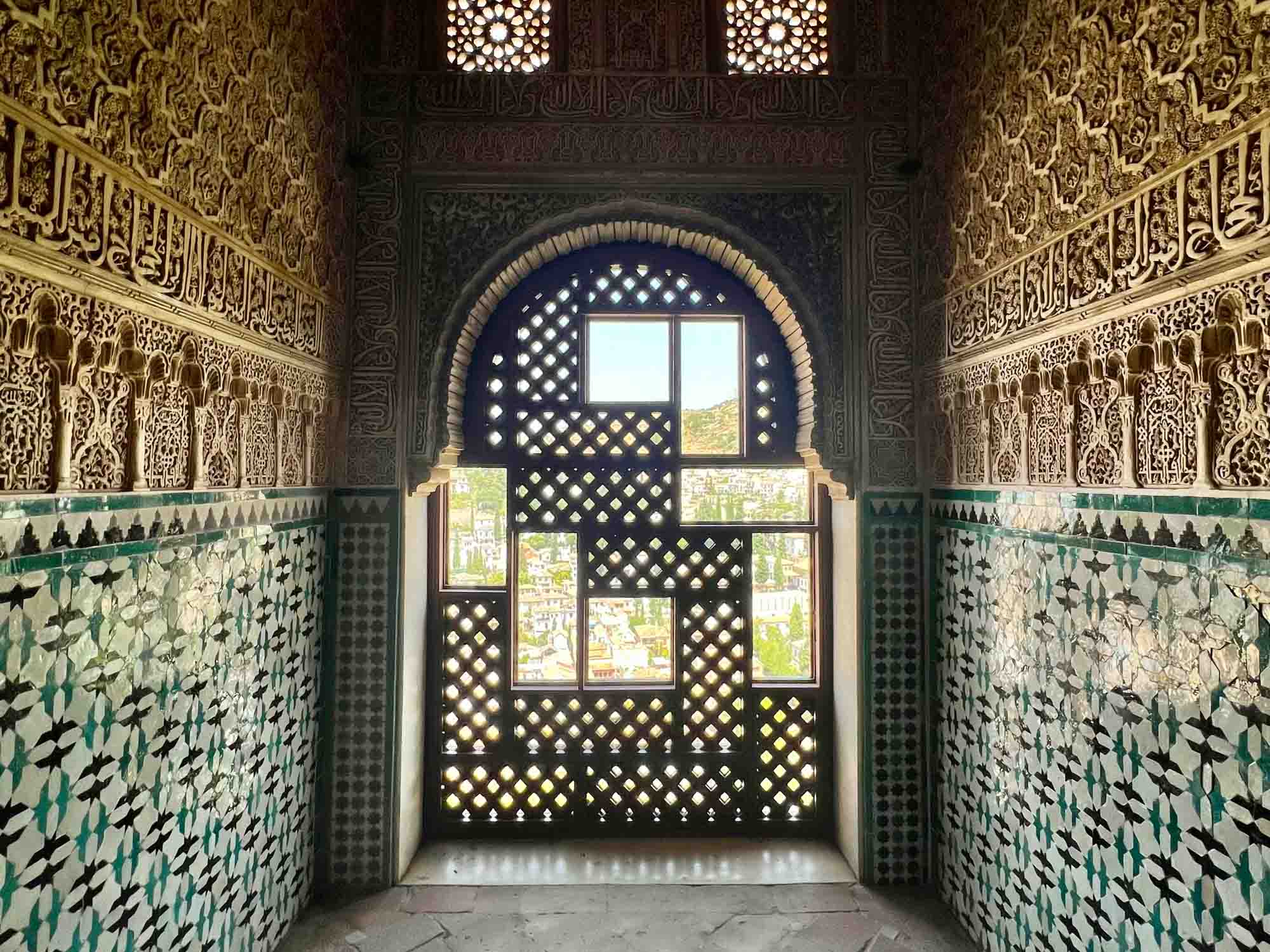Does the approach to teaching history in Waldorf schools need to be reformed? Michael Zech, professor at the Alanus University of Arts and Social Sciences and history teacher at the Waldorf school in Kassel, Germany, says, “Yes!” He explains why in conversation with Heidi Käfer, editor of the magazine Erziehungskunst.

Zech is a member of the Forum Geschichte [History Forum], a free initiative of teachers who critically question the traditional teaching of history and offer strategies and materials for revision. In an interview with the magazine Erziehungskunst, he explained that the approach to history in Waldorf schools is still strongly influenced by a Eurocentric worldview. The general focus has been on the development of certain high-level civilizations and gives much less attention to the many other cultures of the Earth. Zech sees this as creating a cultural hierarchy that contributes to a global problem of structural racism. For example, the cultures that Europeans encountered on their voyages of discovery need to be given their own voice and not remain as simplistic, anonymous caricatures. The foundational idea of anthroposophy is love for human beings, so a postcolonial Waldorf education is a necessity, says Zech. The solution he sees is in providing teachers with professionally tested and contemporary material that they would be able to easily access and which would remain within the framework of the Waldorf block teaching method. The material also would need to be comprehensive and broad enough so that teachers would still be free to set their own priorities. Furthermore, Zech emphasizes that it is important for teachers to be aware of how they themselves are interpreting the content and to clearly and transparently communicate what they can perceive as their own biases and viewpoints to the students.
Source Erziehungskunst
Translation Joshua Kelberman
Title image One of the chambers in the Hall of Ambassadors in the Nasrid Palace, 14th century, Granada, Spain. The Muslim Nasrid dynasty ruled the Iberian Peninsula for three centuries in the Middle Ages. Photo: Sofia Lismont













